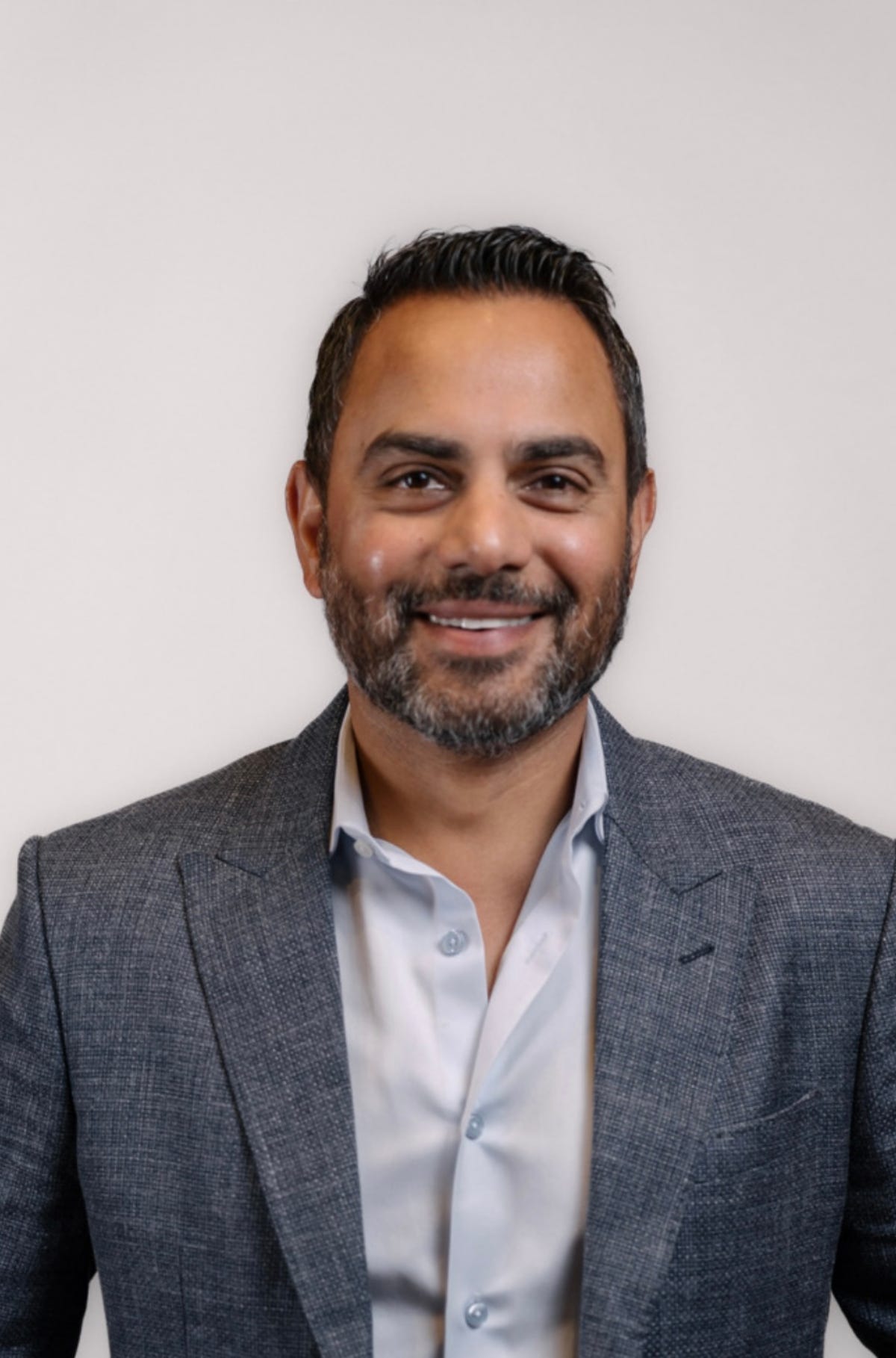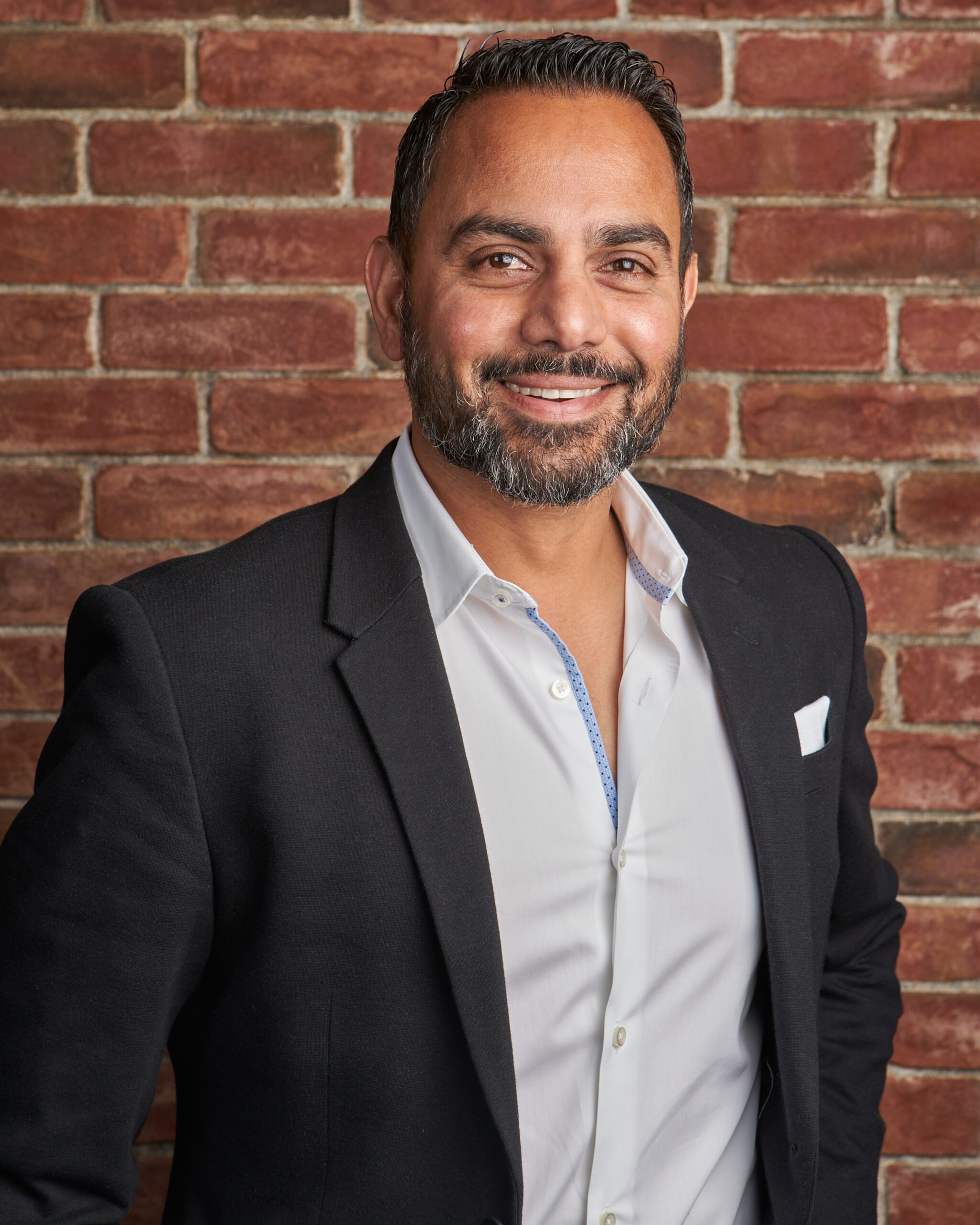Letting someone go is never easy. One of the most challenging parts of having your own company is knowing when to let someone go and actually doing it. This is critical to the company’s success, so you have to be mentally prepared to let someone go if that’s needed.
Asa part of our series called ‘Five Things I Wish Someone Told Me Before I Became A CEO’ we had the pleasure of interviewing Akki Patel.
Akki Patel is the Founder and CEO of LRE & Companies and has been in the real estate industry for more than two decades.
What was the “Aha Moment” that led to the idea for your current company? Can you share that story with us?
Iwas born with the idea for my company; it’s in my DNA. My great grandfather was a landowner; my grandfather was a landowner; and my father was a real estate developer. So I was always fascinated with business and the industry. I began with a company outside of the real estate industry but then launched what is now LRE & Companies, a full spectrum real estate development, asset manager, construction, and hotel management company. This was inevitable and something that I feel very passionate and at home with because it is in my DNA.
Can you tell us a story about the hard times that you faced when you first started your journey? Did you ever consider giving up? Where did you get the drive to continue even though things were so hard?
Starting a company is always going to be extremely challenging, and anyone who says differently is not being completely honest. What makes it more difficult is going in with a mindset that you know everything. Even after 25 years, I am still learning. Any challenge is an invaluable teaching moment. I was able to navigate the challenges of those early years and continue because I surrounded myself with great mentors and coaches. I have met amazing people along the journey, especially during the rockiest parts of that journey.
So, how are things going today? How did your grit and resilience lead to your eventual success?
Things today are really good, full of potential, surprise, and also challenges. One thing we have learned is to never give up; there are always going to be bad days — but when you persevere, you start noticing the good far outweighs the bad. This requires an investment and trust in yourself and being able to look beyond the moment, no matter how difficult it is.
What do you think makes your company stand out? Can you share a story?
We are an agnostic real estate developer, with a focus on real estate, hospitality and retail. Our success is built on a foundation of strong relationships and partnerships. Our relationships with cities and retail brands are unique to us; we are creative, out-of-the box thinkers and those things set us apart. Anyone can put a rectangle on the dirt. But our project in Rocklin University Square, for example, exemplifies how we can bring about unique uses of space with a mix of retail and hotel. We know where the great spaces are and we can build something that contributes to the community, economically and socially.
Can you share a story about the funniest mistake you made when you were first starting? Can you tell us what lessons or ‘takeaways’ you learned from that?
When you are young and ambitious as I was when I started my company, it’s easy to think you have the Midas Touch. It’s easy to think that once you acquire something you will automatically create value, but that’s not always the case. You learn right away that it doesn’t work that way. We used to acquire things and expected sales to just take off, but that didn’t happen. It’s about strategy, geography, demographic, and so many other things that go into creating value.
Often leaders are asked to share the best advice they received. But let’s reverse the question. Can you share a story about advice you’ve received that you now wish you never followed?
I was warned not to pursue the company and that it would fail, and not to buy in a certain market because it would be a bad investment. In both cases, I moved ahead. My company now continues to see growth, and the markets I was told to stay away from turned out to be great investments.
You are a successful business leader. Which three character traits do you think were most instrumental to your success? Can you please share a story or example for each?
- Work ethic. You have to work a lot harder than anyone else in the office to survive in this competitive market.
- Open to innovation. Embrace new ways of doing business through advances in technology, and think beyond traditional business practices.
- Patience. This is a long game; approach each deal and strategy accordingly.
Which tips would you recommend to your colleagues in your industry to help them to thrive and not “burn out”?
Burnout is always a risk in this in the real estate industry. You have to go in with the understanding and mental preparation to face a fast-paced industry, but you will go through cycles. The most effective tool against burnout is to have fun and be passionate about what you do. For me, it’s a joy to see a project transform from a patch of land to a thriving gathering place for communities, going to restaurants, hotels, and just enjoying a place that was once nothing but dirt. Find what gives you pleasure in what you’re doing; otherwise it will always feel like a grind.
What are the most common mistakes you have seen CEOs & founders make when they start a business? What can be done to avoid those errors?
Some people start ambitious from Day 1 without having the right people and thinking they know everything. One of the most common and worst mistakes you can make is not having the right team in place and not recognizing that you don’t know everything. Our success is based on the fact that we have a great team and that everyone brings their own level of expertise and perspective.
In your experience, which aspect of running a company tends to be most underestimated? Can you explain or give an example?
The most underestimated part of running a company is the culture you create. It is critical to have the right people working with you, and as a leader you have to foster a culture of creativity and collaboration.

What are your “5 Things I Wish Someone Told Me Before I Began Leading My Company”?
- This is not going to be a 9–5 job. When you start your own company, don’t expect it to fall neatly into regular business hours.
- You won’t make money every day. Because it’s not a regular 9–5 job, it’s also not a regular paycheck in the beginning. Be prepared for that and know it will get better if you don’t give up.
- Your time won’t be as flexible as you might think. When starting a company, many people think they are breaking the chains of working for someone else, and that they will have much more time to do things they like. This is not always true, especially in the beginning. And in fact, you will probably need to invest more time in work to get it going.
- You won’t always align with everyone, and vice versa. If you’re smart, would will surround yourself with experienced, smart, and diverse people. As a leader, it’s your job to push people sometimes and make them think differently about something, or approach something in a different way. You must also have the openness to do the same.
- Letting someone go is never easy. One of the most challenging parts of having your own company is knowing when to let someone go and actually doing it. This is critical to the company’s success, so you have to be mentally prepared to let someone go if that’s needed.
You are a person of great influence. If you could start a movement that would bring the most amount of good to the most amount of people, what would that be? You never know what your idea can trigger. 🙂
I think as companies grow, so should their commitments to the communities they serve. In every city we have a project in I am looking into the local nonprofits, the community needs and finding ways to contribute, not just to the community’s economy but to its social needs.
Thank you for these fantastic insights. We greatly appreciate the time you spent on this.
About the Interviewer: Douglas E. Noll, JD, MA was born nearly blind, crippled with club feet, partially deaf, and left-handed. He overcame all of these obstacles to become a successful civil trial lawyer. In 2000, he abandoned his law practice to become a peacemaker. His calling is to serve humanity, and he executes his calling at many levels. He is an award-winning author, teacher, and trainer. He is a highly experienced mediator. Doug’s work carries him from international work to helping people resolve deep interpersonal and ideological conflicts. Doug teaches his innovative de-escalation skill that calms any angry person in 90 seconds or less. With Laurel Kaufer, Doug founded Prison of Peace in 2009. The Prison of Peace project trains life and long terms incarcerated people to be powerful peacemakers and mediators. He has been deeply moved by inmates who have learned and applied deep, empathic listening skills, leadership skills, and problem-solving skills to reduce violence in their prison communities. Their dedication to learning, improving, and serving their communities motivates him to expand the principles of Prison of Peace so that every human wanting to learn the skills of peace may do so. Doug’s awards include California Lawyer Magazine Lawyer of the Year, Best Lawyers in America Lawyer of the Year, Purpose Prize Fellow, International Academy of Mediators Syd Leezak Award of Excellence, National Academy of Distinguished Neutrals Neutral of the Year. His four books have won a number of awards and commendations. Doug’s podcast, Listen With Leaders, is now accepting guests. Click on this link to learn more and apply.

